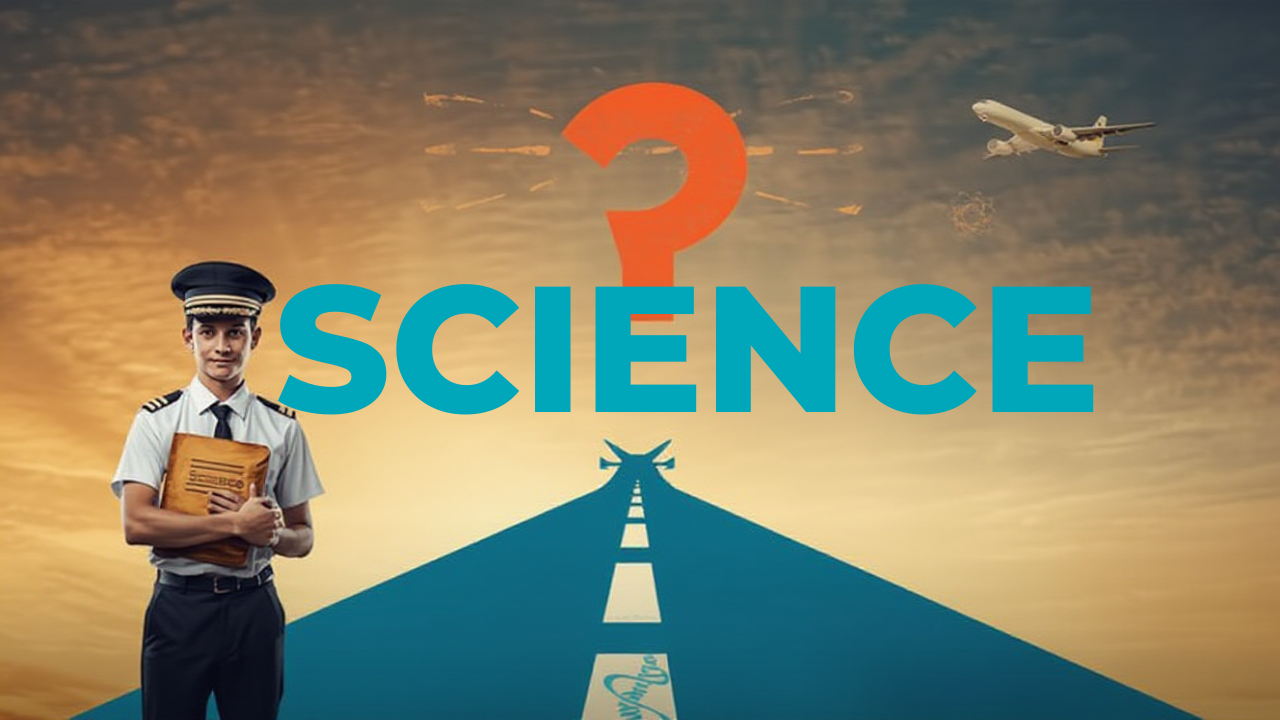
Is it Necessary to Take Science Until 12th to Become a Pilot?
- AME
- May 30, 2025
In the rapidly evolving world of aviation, aspiring pilots often face crucial decisions regarding their academic path. One of the most frequently asked questions is whether it is essential to complete Science until 12th grade in order to pursue a career as a pilot. In this comprehensive article, we explore the prerequisites, advantages, and alternative pathways for candidates dreaming of soaring high in the skies. We break down the role of academic choices, regulatory requirements, and practical considerations that guide the journey toward becoming a professional pilot.
Understanding the Academic Foundations for a Pilot Career
When it comes to aviation careers, the foundation laid during high school plays a vital role in shaping future success. The conventional belief is that a strong background in Science, particularly in subjects like Physics, Chemistry, and Mathematics, is essential for understanding the complexities of flight, navigation, aerodynamics, and aircraft operations.
The Role of Science in Pilot Training
Science subjects provide aspiring pilots with a crucial understanding of the principles that govern flight. For instance:
- Physics explains the principles of aerodynamics, thrust, and lift, which are central to flight dynamics.
- Chemistry aids in understanding fuel properties, combustion, and material strengths.
- Mathematics is indispensable for navigation, calculations, and understanding performance data.
A robust background in these subjects helps pilots develop the analytical skills necessary for complex decision-making during critical flight operations. This base knowledge not only supports theoretical studies but also enhances practical training during pilot schools and aviation academies.
Regulatory Requirements and Educational Norms
1. National and International Guidelines
Regulatory bodies around the globe, such as the Civil Aviation Authority (CAA) in the United Kingdom, the Federal Aviation Administration (FAA) in the United States, and the Directorate General of Civil Aviation (DGCA) in India, have set certain educational standards for pilot training. Common requirements include:
- Completion of higher secondary education with a focus on Science subjects.
- Meeting minimum percentage criteria, which often emphasizes performance in Physics, Chemistry, and Mathematics.
- Passing entrance exams specific to aviation academies that test a candidate’s aptitude and scientific acumen.
These guidelines are created to ensure that pilot candidates have a sufficient foundation in subjects that directly contribute to safe and efficient flight operations.
2. School Subject Selection: Is Science Mandatory?
While most traditional pilot training programs recommend or require a Science background until 12th grade, it is important to consider both the advantages and any possible alternatives:
- Conventional Route: Completing Science equips students with the technical knowledge necessary for mastering both theoretical and practical aspects of aviation.
- Alternative Pathways: In some regions, there are alternative eligibility criteria or preparatory courses for candidates who may have pursued other streams. These pathways often require additional coursework or remedial studies to bridge any knowledge gaps in Science.
It is imperative to research the specific requirements of the aviation academy or regulatory body you intend to join. While the traditional route emphasizes Science until the 12th, emerging pathways occasionally offer flexibility depending on the candidate’s overall profile and commitment to aviation.
Advantages of a Science Background in Aviation
1. Enhanced Technical Proficiency
A strong foundation in Science lays the groundwork for understanding:
- Aerodynamic Principles: Understanding the behavior of aircraft in different flight conditions.
- Aircraft Systems: Comprehending the mechanical and electronic systems onboard modern airplanes.
- Navigation and Communication: Mastering the principles of navigation, meteorology, and communication which are pivotal in real-time decision-making during flights.
This technical proficiency is advantageous not only during pilot training but also throughout a pilot’s career, where clear understanding of flight mechanics and systems becomes essential.
2. Improved Problem-Solving Skills
The analytical skills honed by studying Mathematics and Physics provide aspiring pilots with the tools needed to:
- Quickly evaluate complex flight scenarios.
- Effectively troubleshoot issues during emergencies.
- Make informed decisions in dynamic and high-pressure situations.
These skills are crucial for maintaining the safety and efficiency of flight operations, making a strong case for a solid scientific background.
3. Better Preparation for Entrance Examinations
Most aviation schools and cadet programs conduct entrance examinations that heavily focus on technical subjects. A thorough understanding of Science subjects increases the likelihood of:
- Scoring well on the entrance tests.
- Gaining direct admission to reputable aviation academies.
- Demonstrating readiness for the rigorous training that follows.
For many candidates, excelling in these entrance exams serves as a stepping stone toward a rewarding career in aviation.
Alternative Educational Routes and Bridging Courses
1. Non-Science Backgrounds: Exploring the Options
For students who pursued streams other than Science until 12th, alternative pathways might still be available. Institutions may consider factors such as:
- Overall Academic Performance: A strong academic record in other subjects can sometimes compensate for a lack of Science.
- Specialized Entrance Exams or Courses: Some aviation academies provide preparatory courses designed to introduce essential Science topics to non-science students.
- Foundation or Bridging Programs: These programs are tailored to bring candidates from different academic backgrounds up to speed with the technical knowledge needed for pilot training.
Such options not only widen the entry point for candidates but also ensure that a broader range of passionate individuals can enter the aviation field. Researching and contacting your preferred flight training institution can provide clarity on the specific alternatives available.
2. Considerations for Pursuing Bridging Courses
Candidates opting for alternative routes should focus on:
- Self-Learning: Enrolling in online courses or workshops to build a basic understanding of key Science subjects.
- Preparatory Classes: Attending coaching classes specifically tailored for aviation entrance exams.
- Mentoring and Guidance: Seeking advice from industry professionals or mentors who have navigated similar educational paths.
These steps can help bridge any existing gaps in knowledge, ensuring that you are well-prepared for the challenges ahead during pilot training.
Impact on Career Growth and Professional Development
1. Laying the Groundwork for Advanced Aviation Studies
A robust background in Science not only facilitates entry into pilot training but also:
- Paves the Way for Advanced Certifications: Candidates can easily adapt to more advanced training modules and simulator sessions once admitted.
- Supports Continuous Learning: The aviation industry is marked by rapid technological advancements. A strong academic foundation in Science encourages lifelong learning and continuous professional development.
- Enhances Career Mobility: Skills acquired through rigorous scientific study can lead to opportunities beyond piloting, such as roles in aviation research, technical management, and training.
2. Long-Term Benefits in a Competitive Industry
The aviation industry is highly competitive, and educational credentials are often key differentiators. Candidates with a comprehensive Science background tend to:
- Adapt Better to Technological Changes: As aircraft technology evolves, understanding the underlying science becomes crucial.
- Demonstrate Competence in High-Stress Environments: Technical proficiency contributes significantly to managing the complexities of real-world flying scenarios.
- Gain Respect and Credibility: Both within the cockpit and in the broader aviation community, a strong academic record can bolster a candidate’s reputation.
A Science foundation is, therefore, a strategic investment in your long-term aviation career, providing skills and knowledge that extend well beyond the training phase.
Debunking Common Myths and Misconceptions
1. Myth: Non-Science Students Cannot Become Pilots
A common misconception is that only students with a Science background have the potential to excel in pilot training. While a Science background undeniably provides advantages, several aviation academies recognize diverse educational experiences and offer bridging programs. This inclusivity ensures that passionate candidates, regardless of their academic history, have a pathway into the industry.
2. Myth: Science is Only Important for Technical Aspects
Another myth is that the role of a pilot is solely about flying, and therefore, academic excellence in Science is irrelevant once training begins. In reality, the modern pilot’s role is multifaceted, involving advanced navigation, communication systems, emergency management, and an understanding of cutting-edge technology—all of which are deeply rooted in scientific principles.
Conclusion
In conclusion, taking Science until 12th grade significantly benefits aspiring pilots by providing essential knowledge and fostering key analytical skills. This background not only supports the theoretical aspects of aviation but also prepares candidates for the challenging and dynamic environment of pilot training and beyond.
However, while a Science background remains the traditional and most advantageous route, alternative pathways do exist for students from non-science streams. These alternatives typically involve preparatory courses and bridging programs designed to fill any academic gaps.
Ultimately, your passion for aviation, commitment to learning, and proactive approach in preparing for the challenges of pilot training are the most critical factors in determining success. We encourage aspiring pilots to thoroughly research the specific requirements of their desired flight academies, engage in continuous self-improvement, and seek out resources that will guide them on their journey to the cockpit.

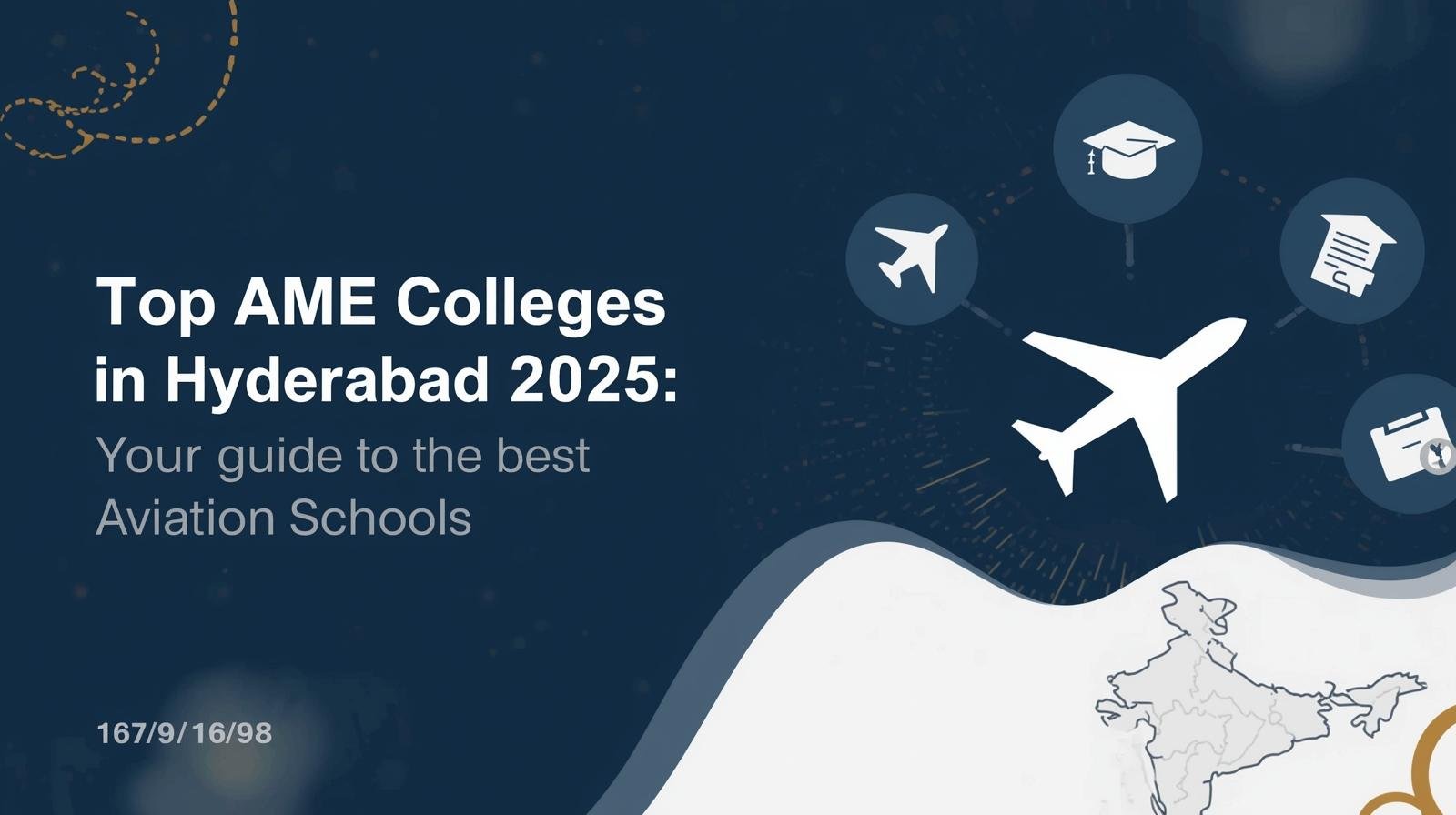
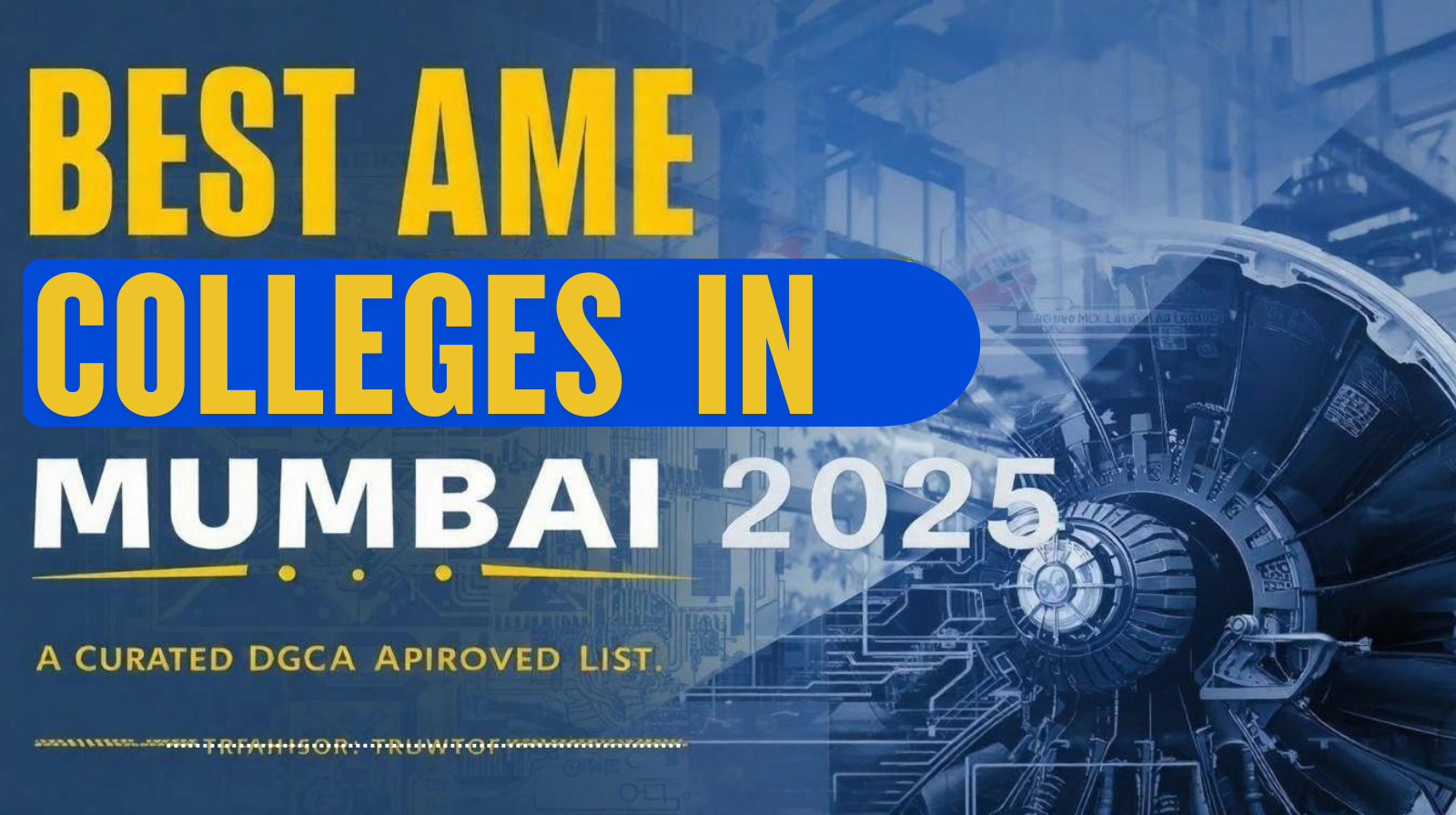
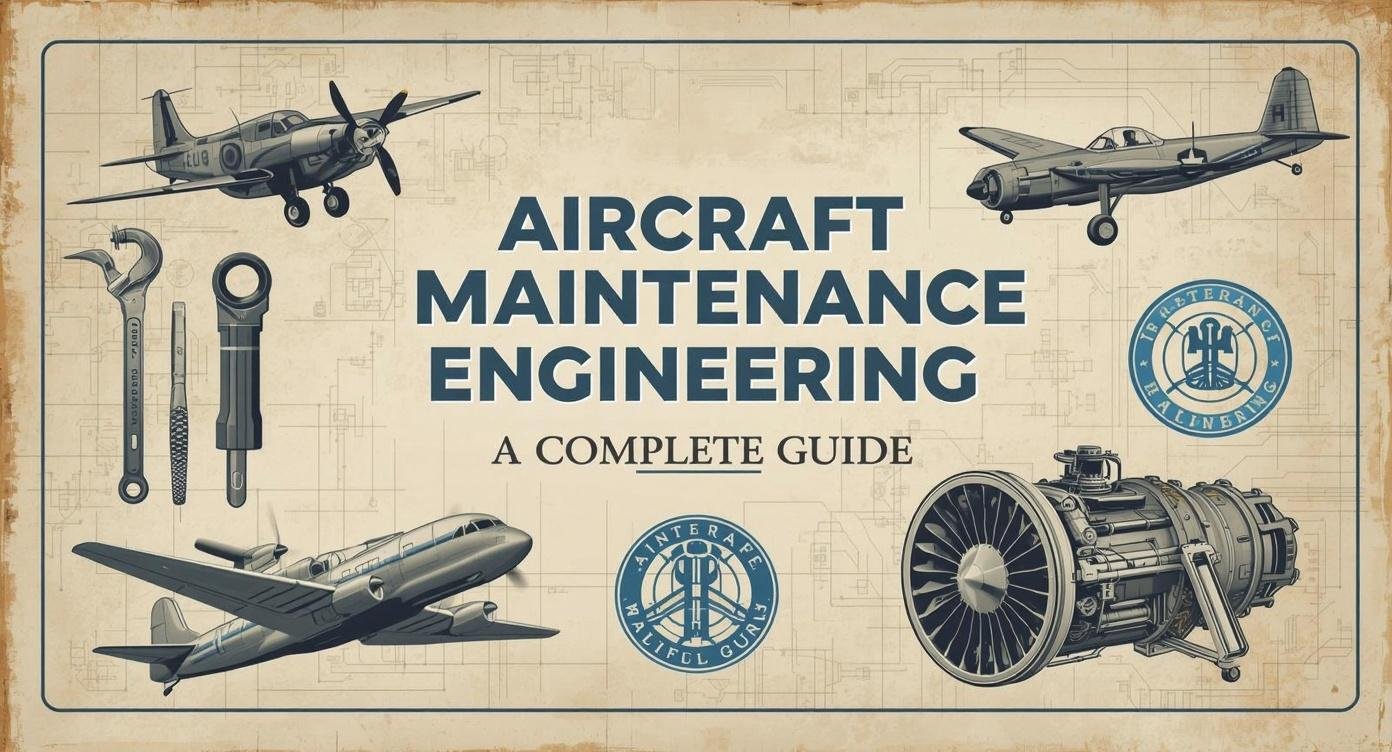
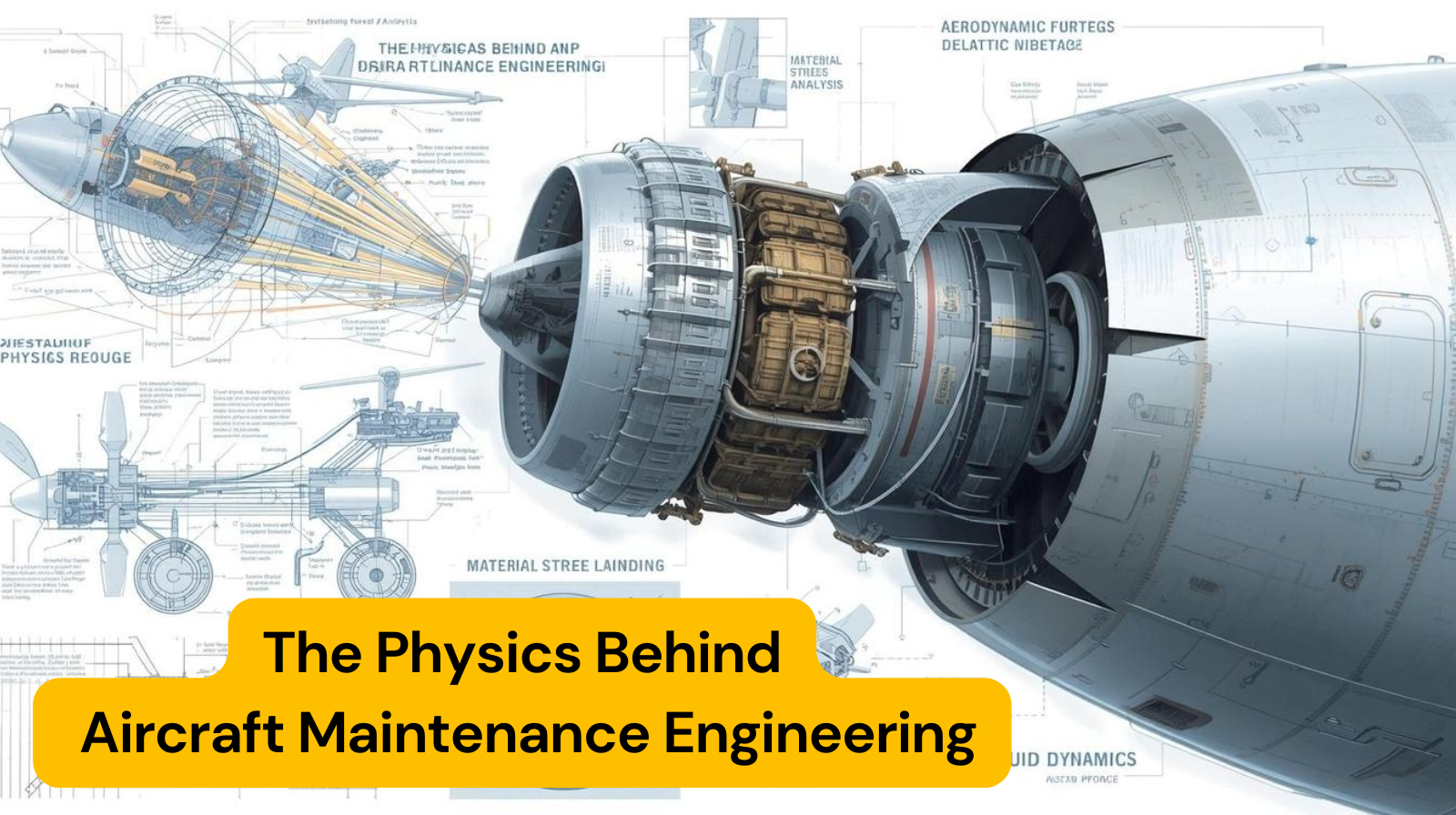



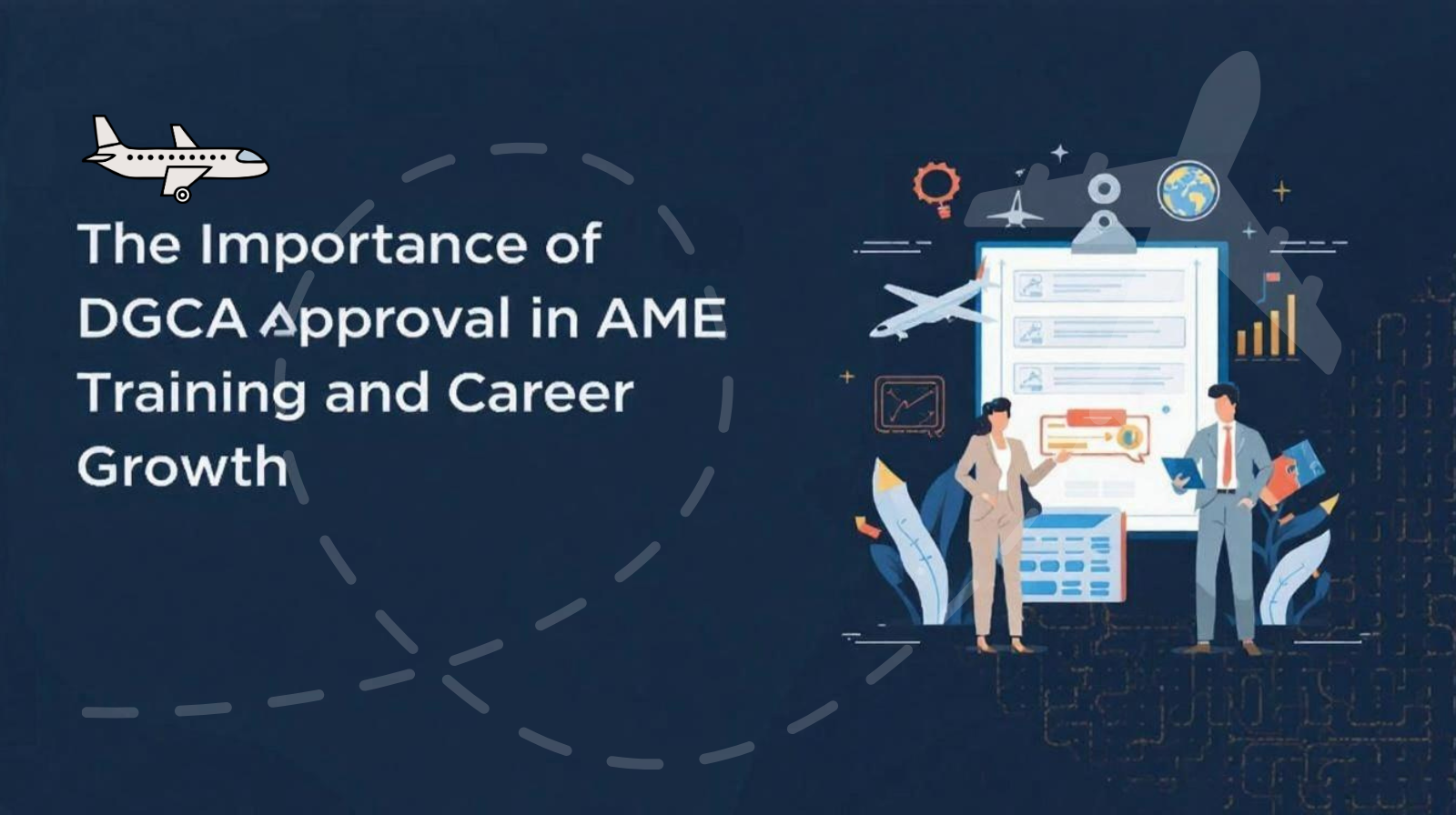
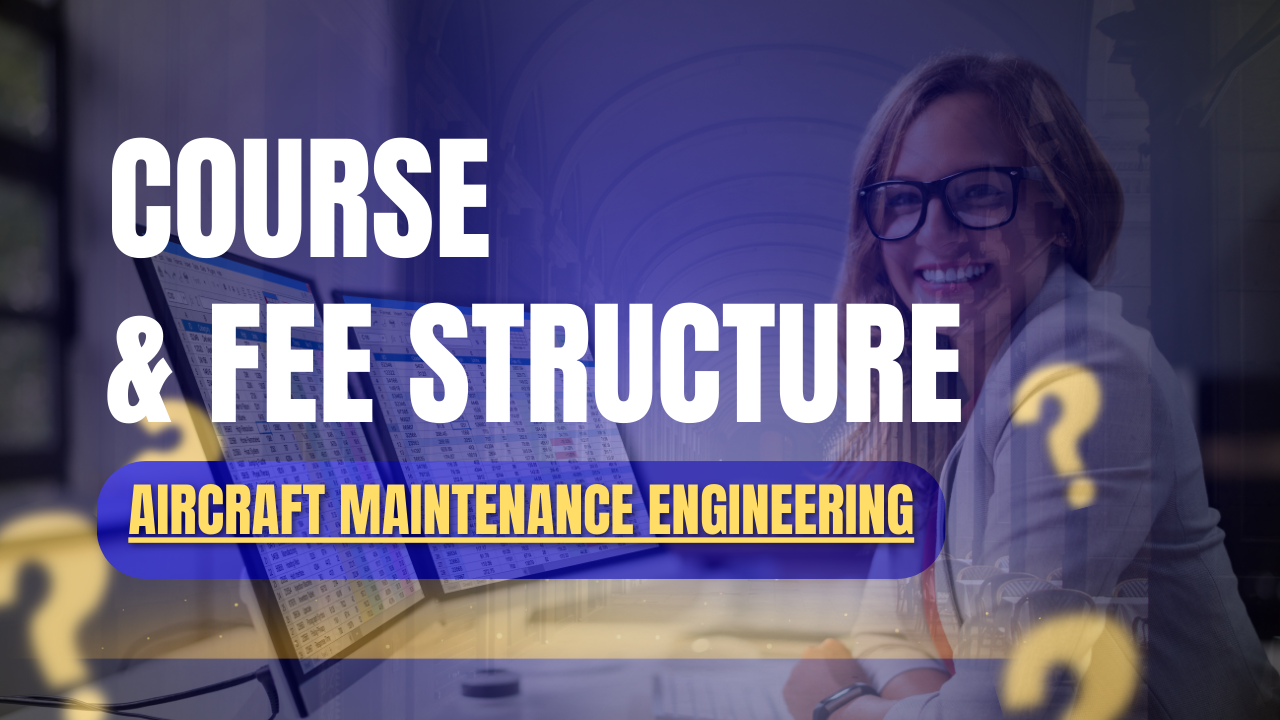

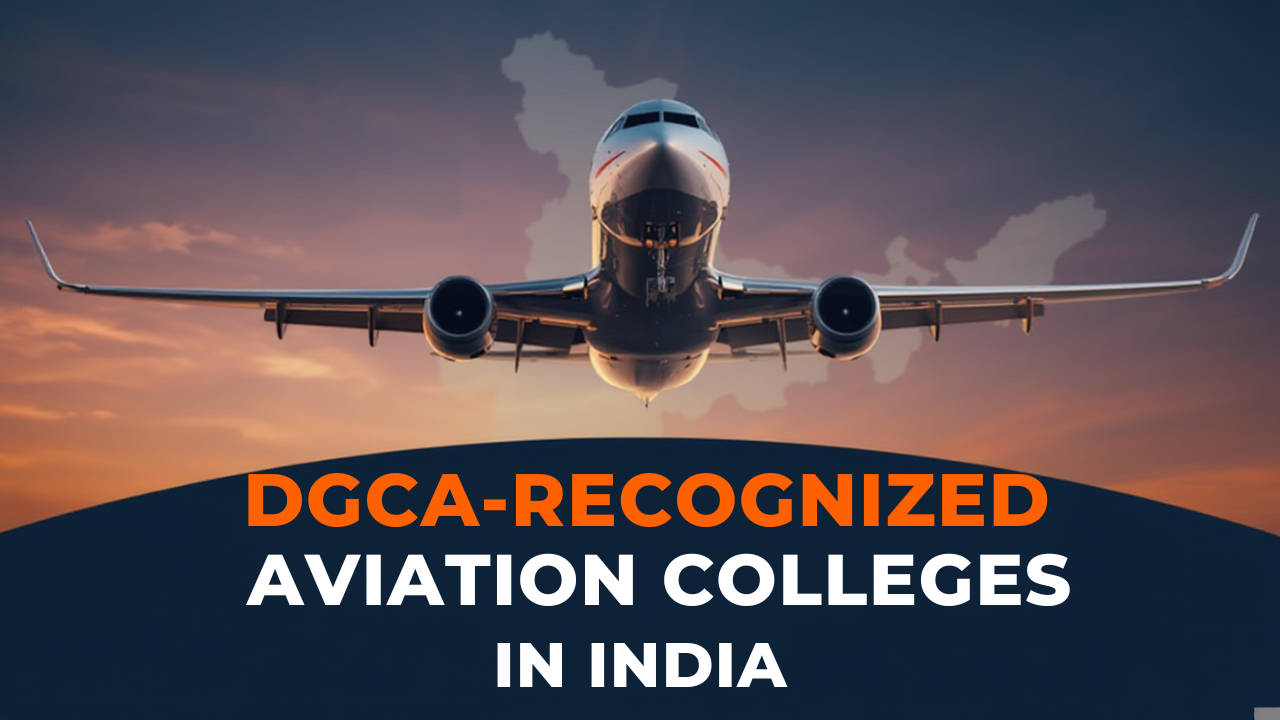


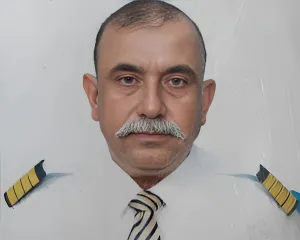
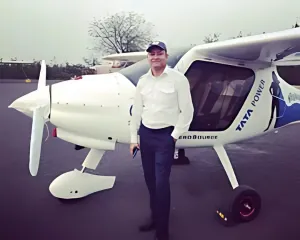


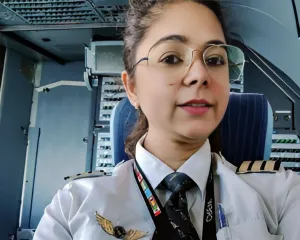


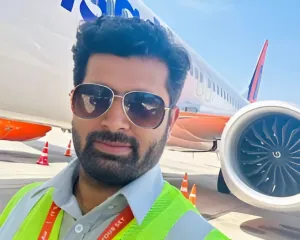
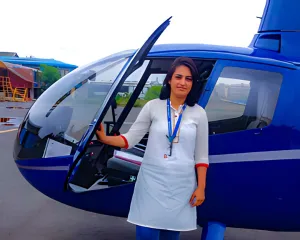


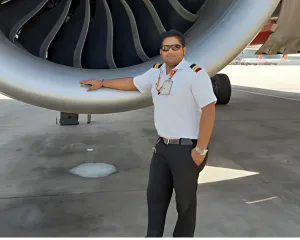



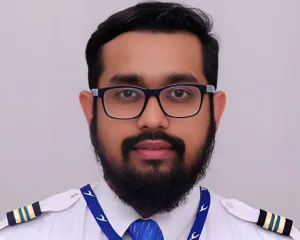
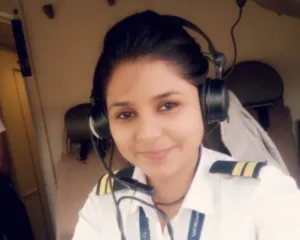



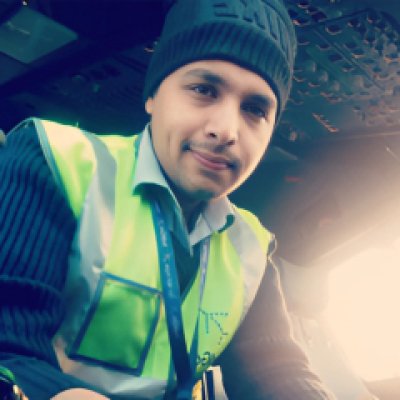


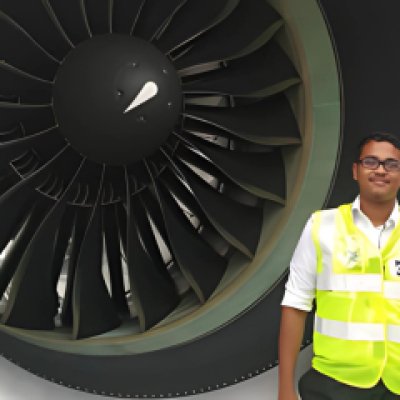

















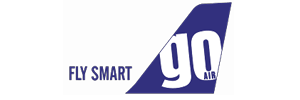






Share This News